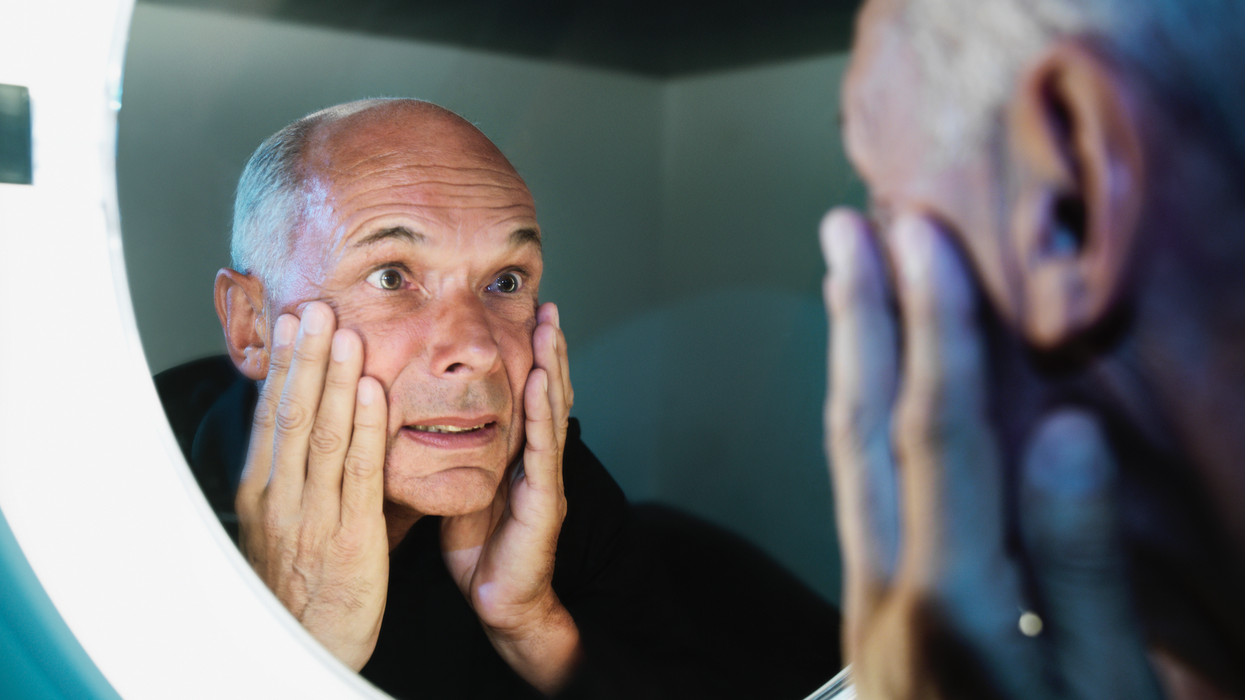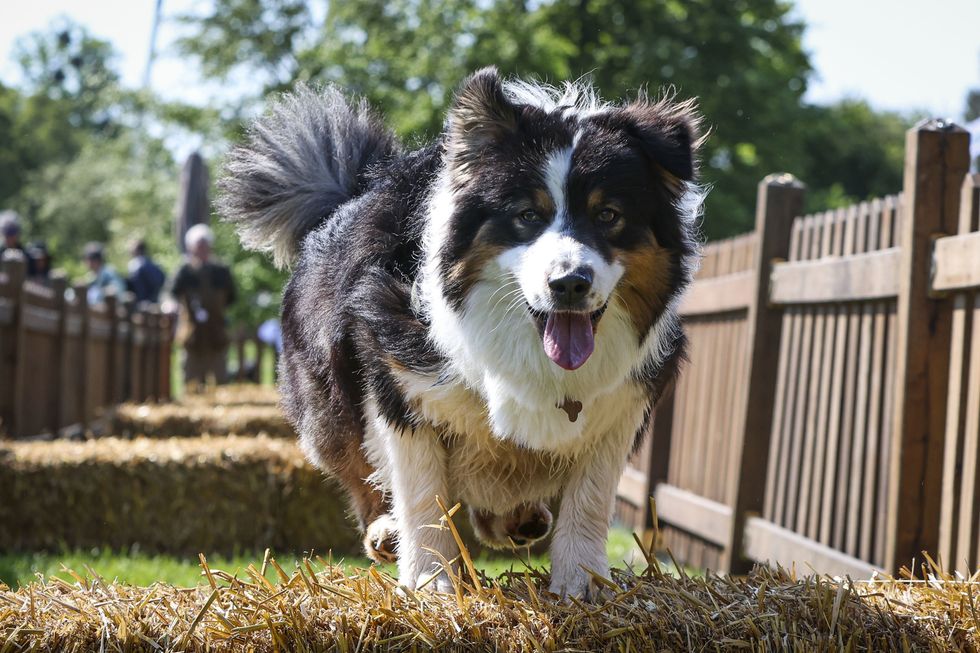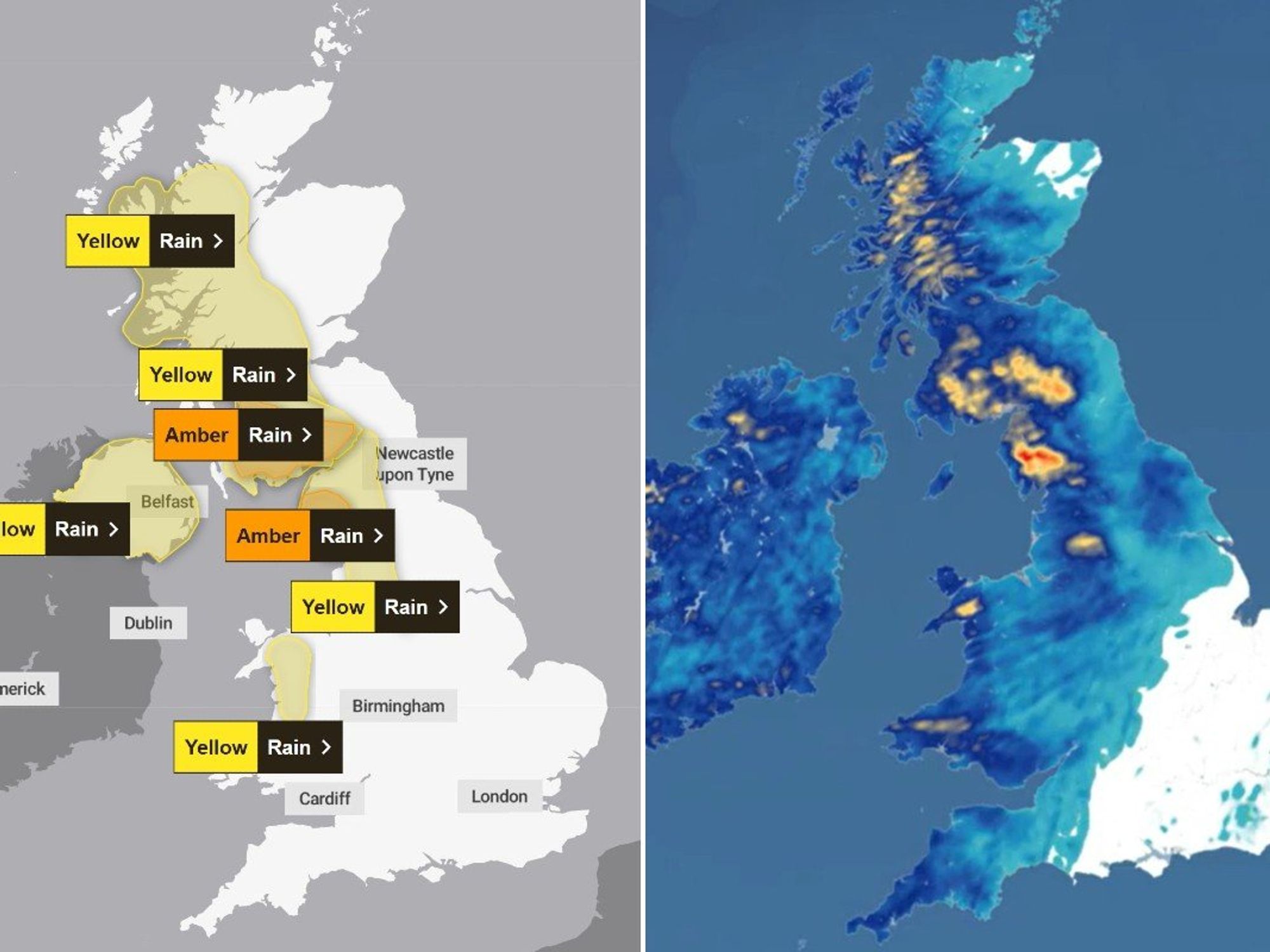Neurologist, 73, reveals first symptom on the face after getting bombshell dementia diagnosis

Neurologist reveals experiencing facial blindness following his bombshell dementia diagnosis
|Getty Images

Daniel Gibbs was diagnosed with Alzheimer's disease in 2012
Don't Miss
Most Read
Latest
A neurologist in the early stages of Alzheimer's disease has revealed the first tell-tale sign he noticed on the face.
Daniel Gibbs, 73, was diagnosed with Alzheimer's disease after taking a DNA test for his wife's genealogy research back in 2012
In addition to learning where his ancestors had lived and whether his face is likely to flush after drinking alcohol, Daniel was "shocked" to discover he had two copies of the APOE gene - this significantly increases your risk of developing late-onset Alzheimer's.
Despite working as a neurologist for more than two decades, the result blindsided him. Daniel had no obvious signs of cognitive impairment and no family history to draw on as both his parents died early from cancer.

Face blindness is a neurological condition whereby a patient has difficulty perceiving or recognising faces
|Getty Images
Writing in the Scientific American a few years back, he shed light on a curious symptom that started to show up: face blindness.
Also known as prosopagnosia, face blindness is a neurological condition whereby a patient has difficulty perceiving or recognising faces.
Acquired face blindness may be caused by head trauma, strokes or tumours affecting part of the temporal lobe.
"A more insidious form of face blindness occurs in many people with Alzheimer’s disease, even in the early stages," explained Mr Gibbs.
Although the retired neurologist's cognitive impairment is still mild, he has been having increasing trouble recognisng faces, even of people he knows well.
"Many of my neighbours are hard for me to recognise until I hear their voices or see the dog they are walking," he wrote.
Mr Gibbs has resolved to pay closer attention to the dogs than their owners, adding: "Even for me, pets are easy to identify because of shape, size, colour of coat and sometimes temperament or behaviour."
LATEST DEVELOPMENTS

Mr Gibbs finds pets easy to identify because of their shape, size, colour of coat and behaviour
| PAFacial blindness was not the neurologist's first symptom, however.
He believes that his first symptom occurred back in 2006, when he began to lose his sense of smell.
At the time, he chalked it up to normal ageing.
His short-term memory is also "getting a little worse, but not alarmingly so", he told JAMA Network.
"I misplace things a little more often, but in general, I’m getting by," he said, adding that he attributes his stable condition to eating well, keeping mentally stimulated and engaging in social activities.










